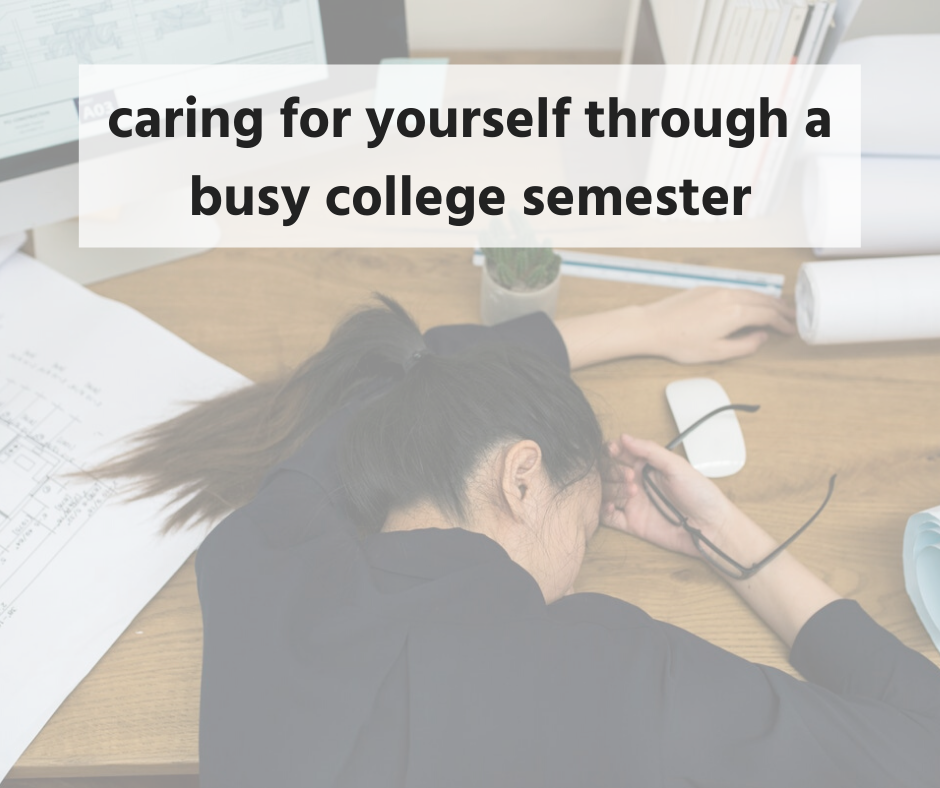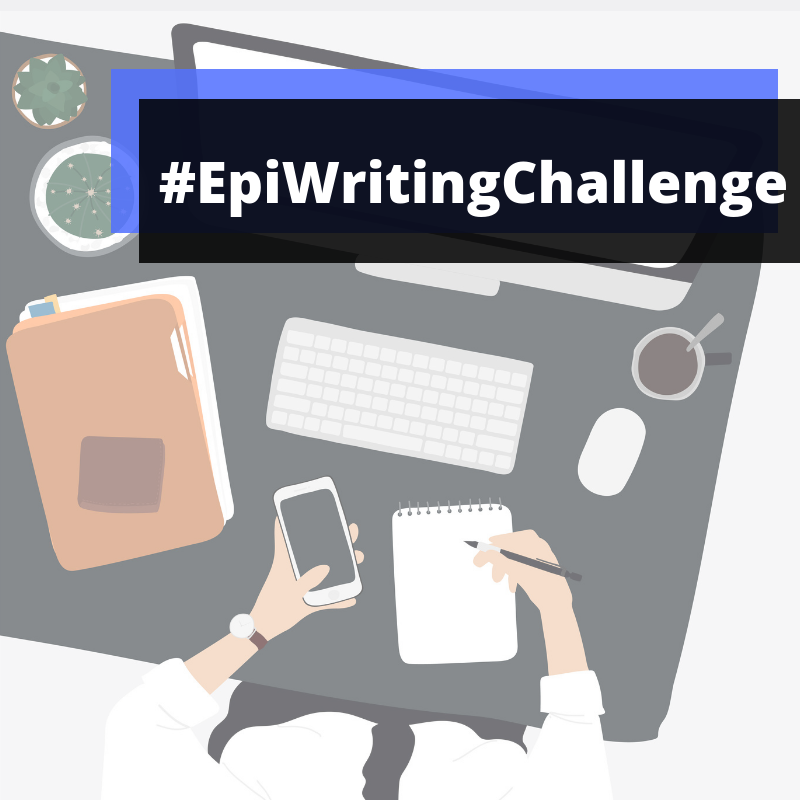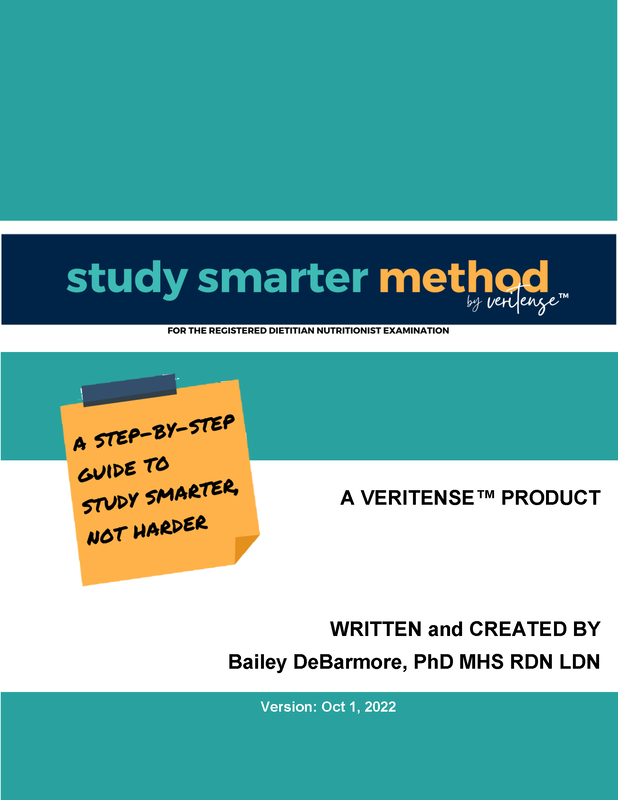|
College is a unique life experience - independence from family members and high school teachers comes with new responsibility over your time and self-care. Peer pressure to socialize at the expense of your school work can lead to you falling behind, or the abrupt change in classroom style may lead you to struggle with your material. Being away from home can be lonely, and the added stress of school can make you shy away from meeting new people. Some quick tips? Pay attention at orientation to what resources your school has available for you, from tutoring to counseling, to interest groups to help meet new friends. Tutoring can help you learn how you learn, overcoming difficulties in new coursework, while counseling can help you identify negative thoughts and replace them with positive ones. You can also learn positive self-care coping strategies. Finally, develop your time management skills by utilizing assignment and quiz dates to stay up on your materials, blocking your time around classes to be efficient while on campus. Read on for more tips. get enough sleepSleep debt (or sleep deficit) is the cumulative effect of not getting enough sleep. Sleep is essential to learning, because while you sleep your brain forges new neural connections that lead to LEARNING. Unfortunately, you're not a sponge, so sitting in class listening to lecture or just reading the material doesn't mean you've learnt it. If you lose track of time while studying at night, set an alarm about 1 hour before you want to be in bed. Shut down your electronics, change into PJs, brush your teeth, wash your face, and climb into bed with a book or relaxing play list. Try to go to bed each night and wake up each morning at the same time (+/- 30 minutes). If you feel like you "need" to study at night because you don't have time during the day, reexamine your schedule in terms of productivity blocks. Take an hourly planner (like this free template from Excel or my daily planner) and mark out when you have class. Then, look for chunks of time you have free and make a plan for what tasks you can achieve then. If you have 15-30 minutes, flip through flashcards. If you have 30 min - 1 hour, start on an assignment (outline your essay) or read part of a chapter. If you have 1 - 2 hours, sit down and study, or work on a larger chunk of a task. If you have more than 2 hours, break it into 1-2 hour blocks. Finally, if it's less than 15 minutes, such as waiting for the bus, give yourself permission to peruse social media and check email. find the care you needAway from home, you may not keep up with your preventative health, instead seeing the dentist and your primary care doctor when you're home on break. Your health doesn't stay stagnant throughout the semester, so make sure you are listening to your body and taking care of it. Heading to student health or finding out the closest urgent care location when you have an injury or get sick is important - more important than studying! Find out what locations take your student health insurance so that you have a plan if you get sick. My first year in college,there were 2 months when I was very sick and lost my voice. I slept from the end of classes to the next morning, and had a difficult time communicating with my TA's and instructors during class. I also had nearly zero appetite, and couldn't stand the smells of the dining hall. My second year in college, I sprained my ankle and had to go to the ER. I found out that the local taxi service allowed students to use their swipe card to pay for emergencies (Rather than calling an ambulance) and that the college provided disability transportation services when you're injured. healthy social relationshipsIf you're fresh out of high school and headed to college, I'm sorry to say but your brain isn't fully formed yet. If you're headed back to school after a break (aka you're in your late 20s or older) then congratulations! Your brain is, in fact fully formed. Why do I bring this up? While you may be at your physical prime, able to bounce back with little sleep and workout longer than you'll ever be able to again, your brain still interprets social pressures as urgent stress signals, making peer pressure incredibly difficult to ignore.
Developing and maintaining healthy social relationships, therefore, can be difficult. It can also be hard to extricate yourself from unhealthy relationships. Take stock of how you act and feel when you're around certain peers - when you hang out with the "popular kids", are you really being yourself? I found that I could be myself with the friends I made in my classes much more so than the girls I knew in my sorority. And when I could be myself, I felt better about myself.
0 Comments
Your comment will be posted after it is approved.
Leave a Reply. |
popular postsLike what you read?
categories
All
archives
July 2024
This website uses marketing and tracking technologies. Opting out of this will opt you out of all cookies, except for those needed to run the website. Note that some products may not work as well without tracking cookies. Opt Out of Cookies |








 RSS Feed
RSS Feed